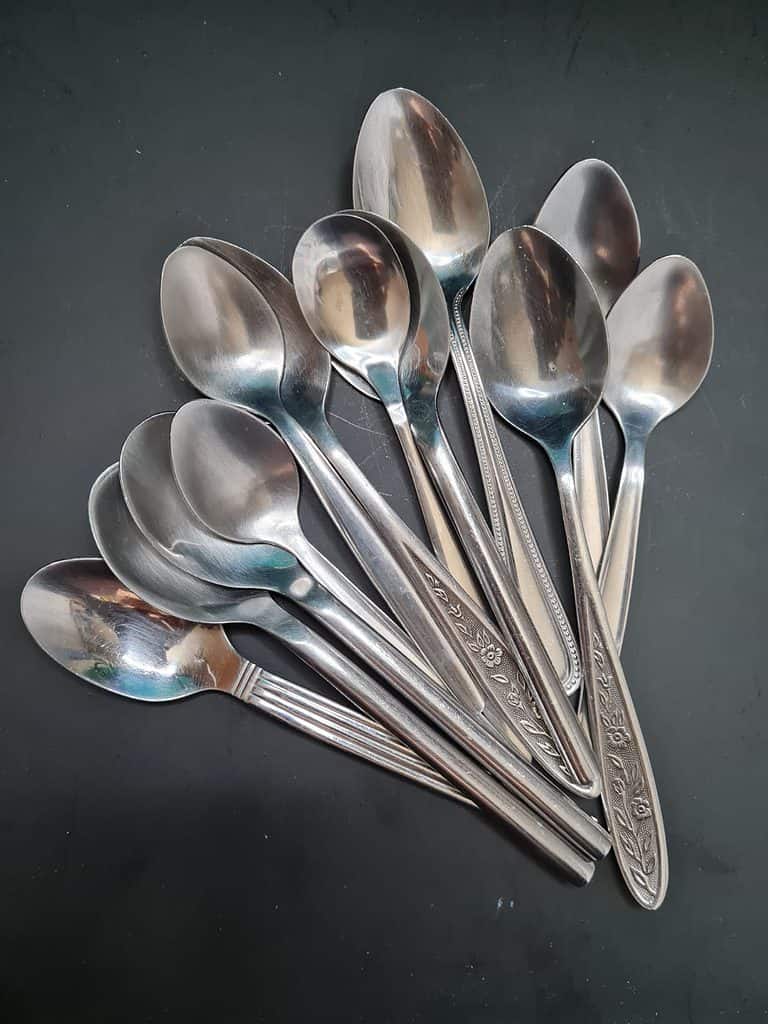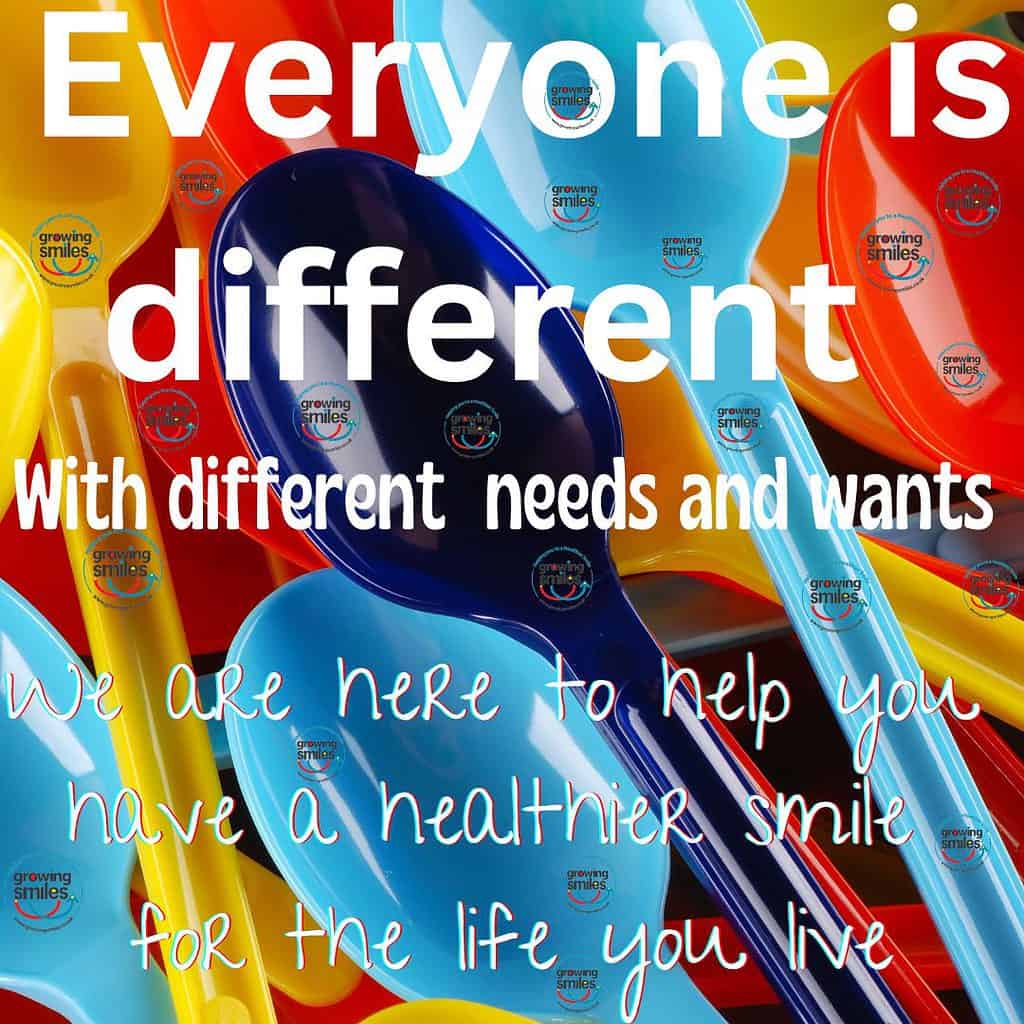More than 15 million people in England alone, 30% of the UK population, live with one or more long-term conditions.
These people live life a little differently to accommodate their condition, and it is useful for us all to be mindful that not everything and everyone should be taken at face value.

The spoon theory is a daily reality for those living with chronic conditions. It’s an analogy which equates the amount of ability that someone with chronic illness has to complete daily tasks, to a limited number of spoons. This theory was developed by Christine Miserandino, to help describe to a friend what it is like to live with chronic illness, in her case Lupus. She took a handful of spoons to demonstrate the energy required to complete various daily tasks.
A ‘spoonie’ is the term used to describe someone who has a condition which limits the amount of physical and/or cognitive energy, e.g. chronic illness, mental illness or disability. Pretty much anyone who deals with persistent limitations. They do not have a never ending supply of spoons.
Most people start the day with unlimited spoons (energy), to do whatever they want. They don’t really have to think about the impact of their actions. A ‘spoonie’ on the other hand, has a limited number of spoons every day which require careful consideration to use. This includes altering plans or missing activities.
People of all ages live with chronic conditions which can impact their daily lives. These people can struggle with everyday actions, including mouth care routines. They may live with chronic pain, fatigue and/or poor mental health which results in getting through spoons very quickly. Depending on how well they feel on any given day they may run out of ‘spoons’ before the end of the day. The only way to restock their spoons is to rest.
‘Spoonies’ can become isolated mentally and or physically. They often look fine on the outside while they experience daily internal, invisible struggles that no one sees. The term healthy looking sick person and resilient may be applicable.
How may this impact oral health and well being?
Home care routines may not be ‘normal’ depending on the day. Modifying oral care routines to take advantage of ‘best times’ and priorities on any given day can help ensure the level of oral care required to keep the mouth healthy. Using different tools at different times, and having options for good and bad days, can all help.

Dental appointments may be impacted. Physically attending the dental practice, waiting times and exhaustion can affect their dental care. The ability to take on board complex treatment plans or home care advice may be affected. Everything requires some of their limited energy supply – spoons.
Many with chronic conditions can also have high levels of chronic inflammation in their body with increased susceptibility to oral inflammation and disease. If you are at high risk of oral disease, but have low energy to complete the daily care required to keep your mouth healthy, the result is likely to be increased disease, which in turn will require more treatment and professional support. Growing Smiles Oral health coach LeighGS often talks about the balance of risk factors against health promoting factors. This is especially applicable for ‘spoonies’. The will to carry out the home care required verses the spoons available to carry these out. It is a daily battle for some. The home care routine may be as good as possible given the spoons available at that time.
How can we help ‘spoonies’ have a healthier smile for life?
- Look at the bigger picture of mouth care as part of overall health and wellbeing and help identify and prioritise ‘spoon’ use.
- Look for ‘spoon’ saving oral care products e.g. lightweight power toothbrushes, waterflossers, HygGenie appliance cleaning kit and topical remineralising products.
- Create ‘weekly’ home oral care plans that fit with the spoons available.
- Identify products and activities that reduce the impact on oral health of living with a chronic condition.
- Listen, learn and be accessible to support ‘spoonies’ and their carers maintain oral health.
- Encourage/liaise with dental professionals to support ‘spoonies’ oral health. This may involve medical history forms including restricted diets, living with chronic pain, depression, and fatigue, best time for appointments and providing ongoing support outside of the dental surgery.
Growing Smiles focuses on what is best for you, in your circumstances, with your spoons, to obtain and maintain oral health in the context of your overall health and wellbeing. We can help find the best option to support your mouth’s health.
Contact us to set up a coaching session – Time Out For Teeth with oral health coach LeighGS. This may be an evening or weekend – we don’t stick to ‘normal’ business hours at Growing Smiles. We are here to help you in the best way we can at a time that suits you best.
If you know/work/care for someone living with a chronic condition please listen to Christine Miserandino explain the ‘spoon theory’.

